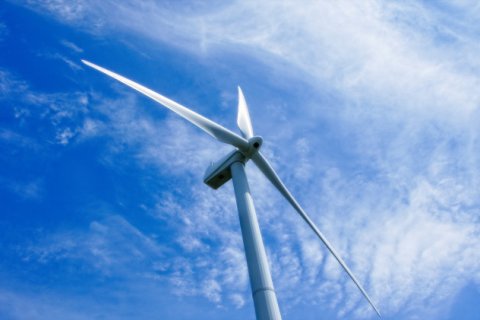Utrecht Science Park wind energy feasibility study

In 2018, at the behest of Real Estate & Campus, the Bosch en Van Rijn consulting firm conducted a feasibility study assessing Utrecht Science Park's potential for the generation of wind power. The consulting firm examined the best possible locations at USP for several types of wind turbines (large, smaller and innovative).
Last year, the university's Executive Board decided to have USP's potential for wind power generation assessed so as to decide if any follow-up steps should be taken, and if so, what kind of follow-up steps. Since one of the university's four strategic themes is sustainability, it makes sense for the university to explore its potential to use alternative sources of energy in its operations, to realise its ambition of being carbon neutral by 2030.
Exploration
The Executive Board first wishes to explore the potential of two large wind turbines, to be erected alongside the A28 motorway, near the Rijnsweerd junction. The main focus areas of the exploration are the financial feasibility of the plan, its environmental impact, its impact on our research projects and the level of support. The exploration is in line with the university's ambition to be carbon-neutral by 2030. Wind energy may significantly boost the university's chances of achieving this goal. Furthermore, the exploration is in line with the municipal vision that is currently being drawn up by the Utrecht Municipal Government, together with Utrecht University and UMC Utrecht.
Participation: identifying wishes and requirements
The feasibility study is being conducted in association with parties working and residing in and around the science park. By now, several spokespersons from stakeholders have been notified of the plans, including SSH, the USP Foundation and the tenants' and residents' associations of the Utrecht Science Park. Soon, several meetings will be held with both internal and external stakeholders in the field regarding the notion of erecting wind turbines.
Most of the input for this feasibility study will be collected as part of the procedure for the City of Utrecht's vision. For instance, an initial major information session on the municipal vision was held in January, and a second one will be held in April.
Do you have any questions or suggestions for us?
Would you like to learn more about this feasibility study? Or do you think you might like to be involved in the decision-making on Utrecht University's energy transition? If so, please contact Jolt Oostra, energy programme manager, by sending an email to communicatievenc@uu.nl.

